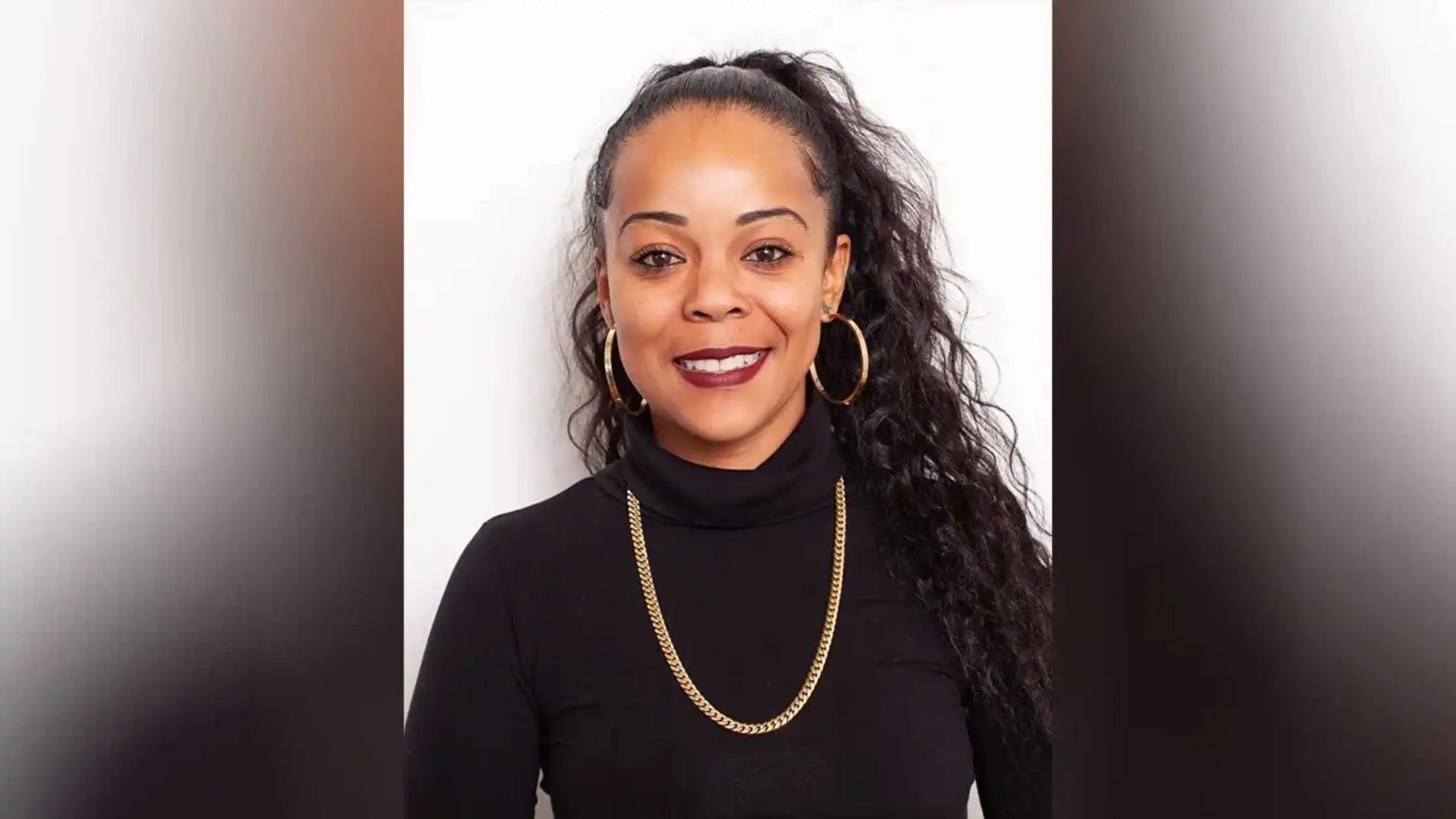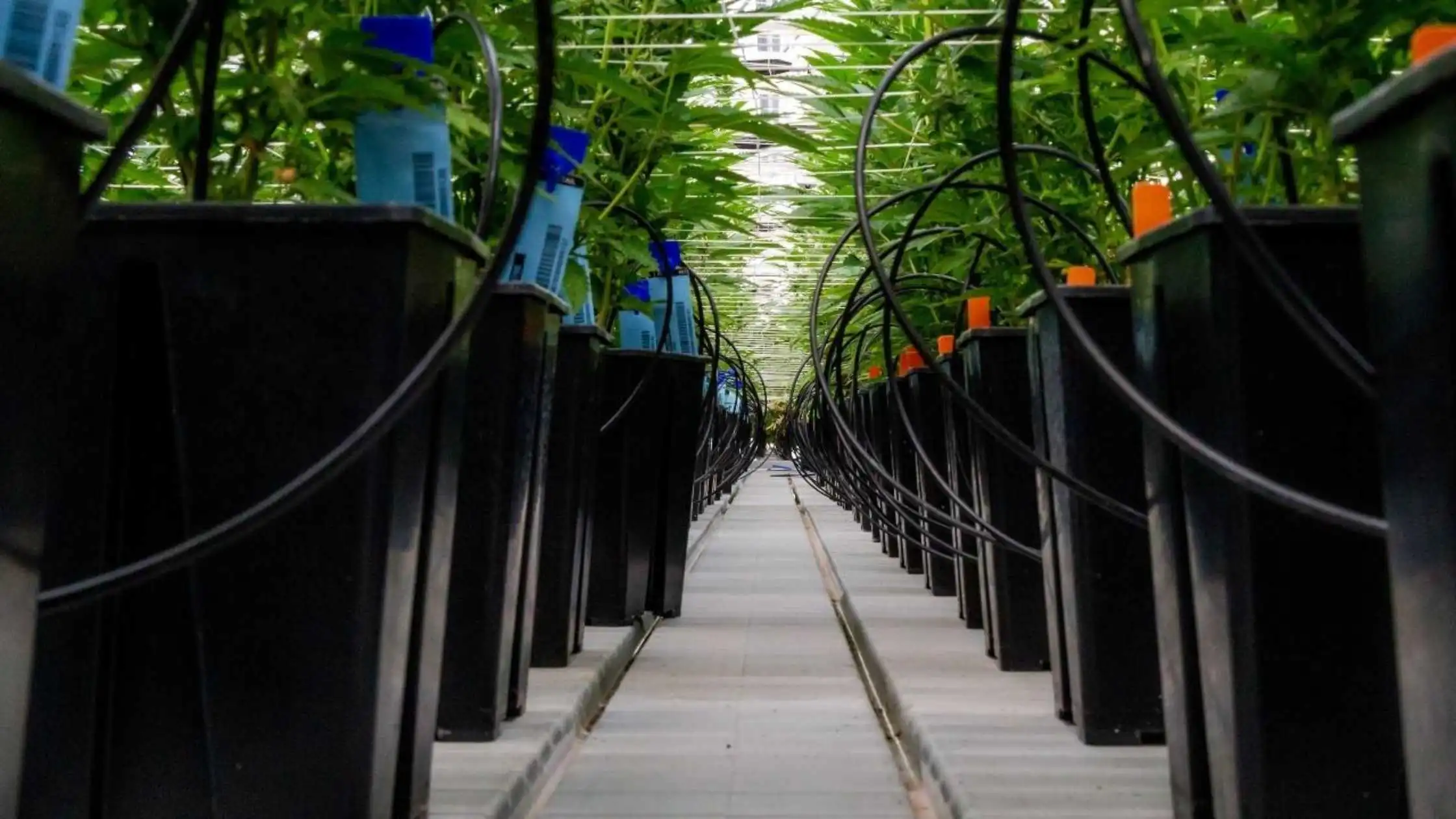Aja Allen endured uncertainty from 2018 until her Central Los Angeles marijuana shop, Sixty Four and Hope, opened last September.
Allen said she now feels like a living embodiment of the dreams highlighted decades ago by the Rev. Martin Luther King Jr., having pivoted to the marijuana industry from working in retail fashion.
Today, Allen owns a franchise location of Sixty Four and Hope after winning a social equity license with the help of 4thMvmt. This L.A. company partners with and invests in entrepreneurs from underserved communities.
Allen is optimistic that she’s creating generational wealth for her family while giving back to her community through a local nonprofit she founded, ProjectC3: Culture, Community, Compassion.
MJBizDaily spoke with Allen before Martin Luther King Jr. Day to discuss her professional journey and how King’s legacy helped propel her forward.
How did you get into the cannabis industry?
I started in 2018. I had no cannabis background whatsoever outside of from a consumer standpoint.
I was allowed to be a social equity applicant through 4thMvmt. And they were the parent company of Sixty Four and Hope and have supported my journey.
Where did you grow up?
I grew up in a tough neighborhood. And I got a lot of PTSD from that, and cannabis is something that I turned to as a decompression tool.
A lot of my friends went to jail for cannabis.
Fast forward to my adult career.
I started in luxury retail. That’s where I got my passion for wanting to be a business owner and help people.
When social equity was presented to me by 4thMvmt, I said, “Wow, this is such a great opportunity.”
It’s a retail store, something that I’m passionate about.
It’s cannabis, something I’m super passionate about. And I’m restoring hope.
It was almost too good to be true. I stuck with it, including social equity, the process, and everything that happened within the last three years.
It almost felt like it wasn’t going to happen for a while. But here we are, four months in, and we’re making it happen.
How has business been since you opened in September?
It’s been slow, especially with COVID-19 and everything happening in the world right now.
It’s slow, which is to be expected with a new business.
But we have a lot of traffic that goes by and many people that stop in.
That’s our opportunity to educate them about Sixty-Four and Hope and what the name means: Legalization of cannabis with Proposition 64, and now there’s a ton of hope wrapped around that.
People are getting pardoned from prison early. People like me are getting access to equity licensing and becoming business owners.
And that, I think, really turns on a light bulb for many people about who we are and what we’re trying to do.
Do you consider yourself a success story in social equity, just having gotten a store open and operational?
It is a dream realized.
It’s not about having a million dollars. For me, it’s about being a pillar in my community. That was a dream of mine.
I belong to a lot of communities. I belong to the Black community. I belong to the brown community. I belong to the LGBTQ community.
So, I have a ton of people that have eyes on me. And I want to be able to show them.
I come from a place where there were dead bodies in my alley, where I felt like I could never make it out of there.
And my dream was to make it out alive.
To achieve that is my dream, just being in a place where I have financial stability.
I didn’t want to die and have anybody stand up and say, “She could sell the hell out of some clothes.”
Some people want to be fashionistas. That’s not what I want to be.
I have so much more to offer this world than high fashion.
My dream was to be a part of my community and do something that creates generational wealth for my family.
What has been the most challenging part of all this?
There’s a ton of stuff like we had to have real estate in place before we could even open the doors, and then COVID happened.
So, for a year and a half … we’re paying rent on a commercial building with no return on investment. That was super tough.
But the most challenging part was not knowing.
Just psychologically, the roller coaster that I went through emotionally, and just being in the dark for 3½ years, just literally not knowing what’s going to happen with my future, because I put everything into this because I wanted it so badly.
Do you and other successful social equity entrepreneurs represent the type of change that Dr. King had in mind?
Absolutely. We’re living his dream as we speak. This is the dream that he spoke of.
He wants us to live together in harmony and be at peace with each other as a human race.
For African Americans to be respected, we have to have financial stability. We have to have generational wealth.
We have to be involved in everything that’s going on.
For me, Dr. King was somebody who was spoken of very highly.
I grew up in a Muslim home, so my mom is very pro-Black.
So we spoke of Dr. King, minister Louis Farrakhan, Elijah Muhammad, all of the pillars of the Black community.
These are the people that were my heroes growing up.
Do you have any advice for other BIPOC entrepreneurs trying to get businesses off the ground?
All I can say for any future owners or operators is to stay diligent.
Make sure that you always put yourself first.
If this is your dream, do not give up.
Continue to advocate for yourself and for the rest of us as a cannabis community.
Don’t let anybody tell you that you can’t do this.
I’m a prime example of what can be accomplished.
This interview has been edited for length and clarity.
Disclaimer: https://mjbizdaily.com/california-cannabis-social-equity-licensee-aja-allen-discusses-her-journey






Aja’s story highlights the importance of social equity programs in creating opportunities for marginalized communities.
Sixty Four and Hope’s name is so meaningful, reflecting both the legalization of cannabis and the hope it brings.
Her focus on creating generational wealth and being a pillar in her community is incredibly inspiring. Keep up the great work, Aja!
I admire how Aja Allen is not only succeeding in business but also giving back to the community. She’s a true role model.
Aja’s story proves that with determination and support, anyone can achieve their dreams. Her success is well-deserved!
It’s inspiring to see Aja living out Dr. King’s dream through her work in the cannabis industry and community activism.
Aja Allen is a shining example of how the cannabis industry can provide opportunities for those from underserved communities.
The challenges Aja faced, especially during COVID-19, highlight her perseverance and dedication. Her story is truly motivational.
It’s great to see Aja Allen bringing hope and opportunity to her community through her business and nonprofit work.
ProjectC3: Culture, Community, Compassion sounds like a fantastic initiative. Kudos to Aja for founding it!
I love how Aja is creating generational wealth for her family and making a positive impact on her community. Truly inspiring!
Aja Allen’s journey from retail fashion to owning a cannabis shop is a testament to her determination and resilience.
It’s wonderful to see social equity programs like 4thMvmt helping entrepreneurs from underserved communities. We need more initiatives like this!
Aja Allen’s story is truly inspiring! It’s amazing to see how she turned her passion into a successful business while giving back to the community.